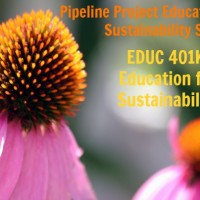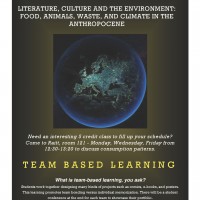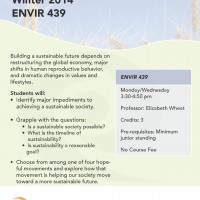What makes a sustainable community? How can we instill in younger generations a sense of hope and optimism in a finite world? We will be exploring these questions and more in EDUC 401K: Education for Sustainability, an interactive seminar through the Pipeline Project.
Through participation in a hands-on project in a Seattle K-12 school, students will explore K-12 sustainability education. We will focus on the benefits of experiential, place-based learning for a mindset geared toward future consciousness.
The seminar meets on Wednesdays from 3:30-4:50 pm. All majors are welcome!
For this seminar, the number of credits a student receives depends on the number of service-learning hours completed in addition to seminar attendance. Credit and tutoring requirements are as follows:
2 credits: 2.5 hours tutoring/week (at least 20 hours tutoring/quarter)
3 credits: 5 hours tutoring/week (at least 40 hours tutoring/quarter)
For more information, please visit Pipeline’s website: http://expd.washington.edu/pipeline



